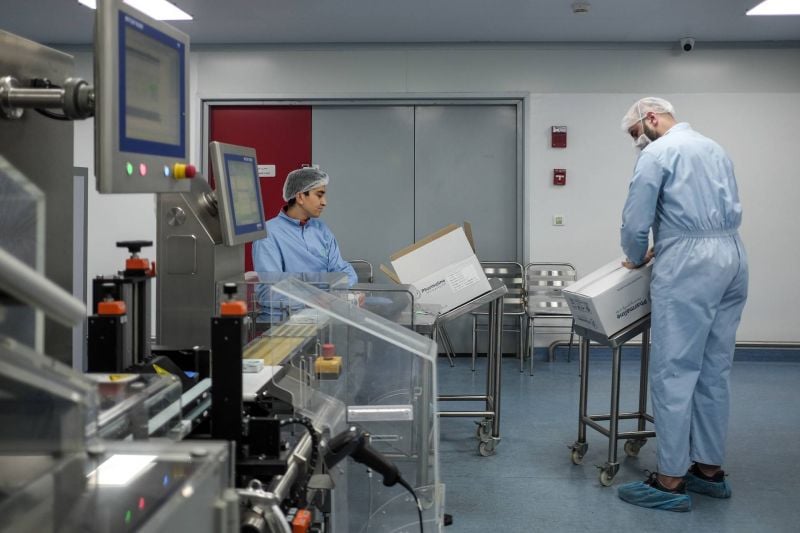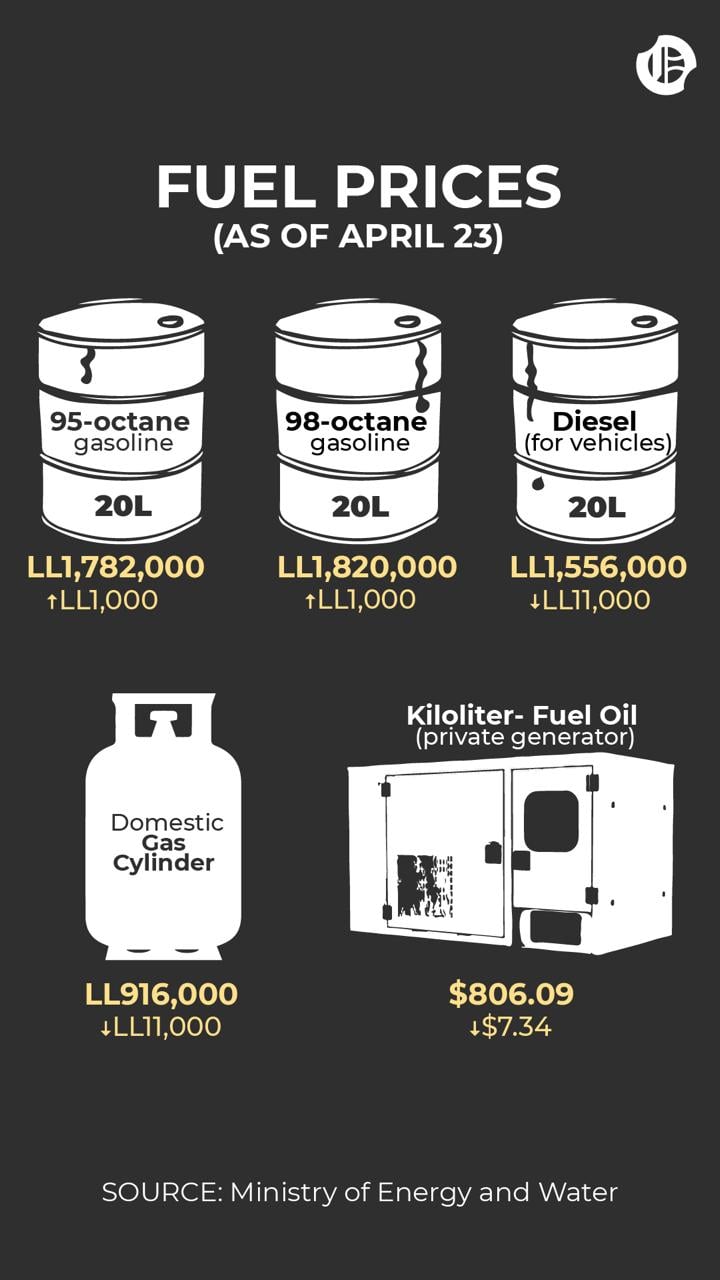
The Pharmaline plant in Nahr Ibrahim, Lebanon on March 11, 2024. (Credit: João Sousa/L'Orient Today)
The local pharmaceutical industry has boomed as Lebanese manufacturers step in to fill the gaps in the market that were once filled by imported alternatives.
The market share of locally manufactured drugs tripled from 10 percent to 30 percent of all medicines in the last three years, according to Dr. Carole Abi Karam, president of the Syndicate of Pharmaceutical Industries in Lebanon (SPIL) and general manager of Pharmaline (a Lebanese pharmaceutical company).
Before Lebanon’s financial crisis began in 2019, SPIL encompassed 11 local Lebanese companies. Just two of those companies covered 100 percent of the local market’s needs for serum products, though consumers at the time preferred imported medications. The financial crisis eventually partially shifted that behavior. Today, SPIL encompasses 13 companies, with two additional firms on the way.
In another positive trend, avocado cultivation has experienced an unprecedented boom in Lebanon in recent years. Although climatic conditions have always been favorable for the trendy avocado, it's only recently that this production grew in Lebanon traditionally focused on citrus fruits.
Lebanese farmers planted 40,000 avocado trees in 2018; 75,000 by 2022 and 250,000 by 2023, according to Mohammad Hijazi, who owns a successful avocado company in Lebanon. This figure has quadrupled this year, with a million trees planted in the country (that’s four times more than last year, and 25 times more than in 2018).
To sell off their stocks, avocado growers are also increasingly turning to foreign markets. According to Lebanese customs, Lebanon exported 8,881 tons throughout 2022 — the last year for which figures are available for the entire fiscal year — compared with 7,743 tons in 2021 and 4,743 tons in 2020.
Nearly 37 percent of Lebanon’s avocados go to Jordan, followed by Egypt (28.7 percent), Iraq (19.4 percent), Kuwait (4.2 percent) and the UAE (3.25 percent).
The interim governor of Banque du Liban (BDL), Wassim Manssouri, said on Thursday that the institution had launched a "major project in cooperation with the Special Investigation Commission," which is responsible for combating money laundering and the financing of terrorism, to deal with the repercussions of the development of a cash economy on the Lebanese financial system.
Just last week, the BDL issued a press release stating that it had taken steps to re-launch bank card payments.
MP Farid Boustany, and chairman of the parliamentary Committee for the Economy, Trade and Industry, plans to "pull out of the drawers" the plan drawn up by the international consulting firm McKinsey, before the crisis began, to guide the economic vision of the state budget for 2025.
The nearly 1,300-page McKinsey plan was commissioned in early 2018 and published in 2019, identifying six main growth levers (diaspora, financial services, agriculture, industry, tourism and the knowledge economy) and proposed a number of measures to develop the country's exports over a period of seven years. Among those proposed measures was to legalize medical cannabis.
Already six years old, the data on which the report is based is now outdated. The crisis that the country has been going through since 2019 has, in fact, profoundly altered the country's macroeconomic data (GDP has been slashed by half, the currency has lost 98 percent of its value, and inflation has exploded).
That's not to mention the impact of Israel’s war on Gaza and its spillover into south Lebanon, which has added further pressure on the country’s already vulnerable economy.
The price of gasoline continued to rise, although this time only slightly, while the prices of diesel, domestic gas cylinders and heating oil saw a significant drop, according to the latest prices published by the Energy Ministry.
Here are the new rates:
